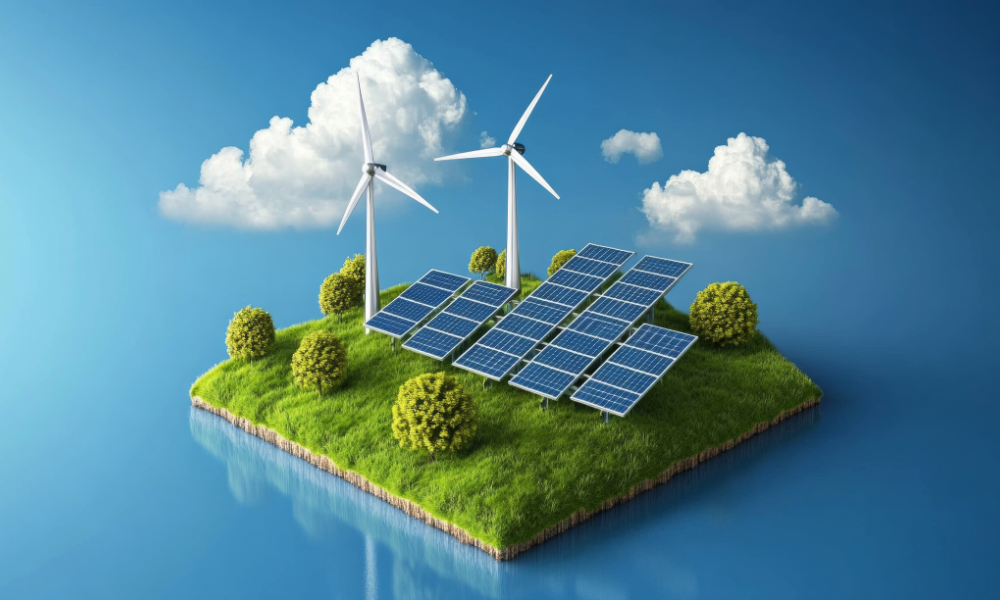Liberal Leader vows to cut carbon price and boost both clean and conventional energy production

Liberal Leader Mark Carney announced in Calgary that a Liberal government would adopt a new approach aimed at making Canada an energy superpower.
He stated that the country can boost conventional energy output while leading the clean energy transition, as reported by The Globe and Mail.
Carney introduced a plan to create a federal project office mandated to conduct a single review per project, with a decision issued within two years—down from the current five-year timeline.
He also unveiled a proposed “first and last mile fund” intended to link critical-mineral projects to supply chains. The fund aims to help initiate projects and speed up the delivery of critical minerals—needed for renewable energy technologies—to market.
It remains unclear whether the fund would issue grants or loans.
Carney explained that the new plan would reduce reliance on other countries, such as the United States, for energy.
He added that it would also aim to diversify trading partners and enhance Canada’s global competitiveness.
“To build the strongest economy in the G7 we need to develop both clean energy and the lowest-carbon conventional energy,” said Carney.
Carney also emphasized increased production of conventional energy and pledged to lower the consumer carbon price to zero, with plans to eliminate it altogether.
He stated, however, that this shift would not compromise his stance on climate change.
“Clean energy is going to be increasingly important to competitiveness,” he said. He added that reducing emissions during the production and use of conventional energy would be essential for Canada to “dominate” the market long-term.
In response to Carney’s announcement, Alberta Premier Danielle Smith accused him of “flip-flopping.”
In a statement to The Globe and Mail, Smith said, “If you want to get pipelines built, corridors established, and open up markets, then you have to get rid of all the policies that are killing investment and growth in our country.”
She called for the repeal of the emissions cap and Bill C-69, known as the Impact Assessment Act.
Saskatchewan government spokesperson Matthew Glover said the province would review the Liberals’ proposal. He added that Saskatchewan also expects Ottawa to repeal the Impact Assessment Act. Carney has said he does not intend to do so.
Trade tensions with the US have increased interest in Canadian resource and energy development. Both leading parties in the federal election campaign have promised to accelerate project approvals.
Conservative Leader Pierre Poilievre has proposed the Rapid Resource Project Office, a “one-stop shop” to handle all regulatory approvals across government levels.
Poilievre said his proposal would require a single application and one environmental review per project, with decisions made within six months and a maximum cap of one year.
Prior to politics, Carney served as the United Nations special envoy for climate action and finance after leaving the Bank of England.
He had been an outspoken supporter of net-zero policies, warning of the economic risks posed by climate change.
The Liberals also said that the faster project reviews would maintain environmental standards and Indigenous consultation. They pledged to increase engagement funding to $40m for Indigenous communities involved in project discussions.
According to an annual federal report to the United Nations, Canada’s greenhouse gas emissions in 2023 fell by about 1 percent from the previous year. However, emissions remain just 8.5 percent below 2005 levels—well short of the 2030 target to cut emissions by 40 to 45 percent.
The International Energy Agency reported that global energy investment is expected to hit US$2tn in 2024, with two-thirds of that going to clean technologies.
The Liberals are seeking to improve their standing in Alberta, where they held two ridings under former prime minister Justin Trudeau.



